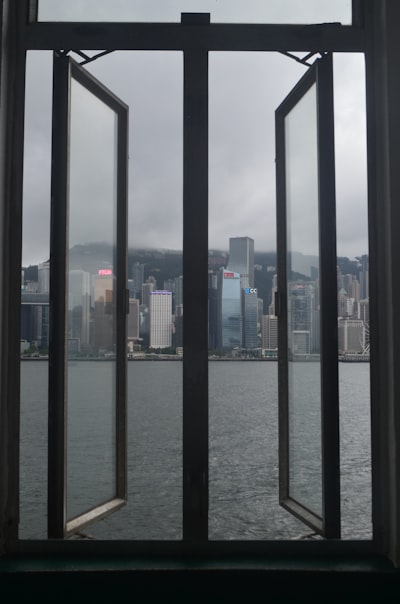Hong Kong’s New Prison Rules: National Security Versus Human Rights?
The latest announcement from Hong Kong’s Security Bureau about tightening prison regulations amid ongoing national security concerns has reignited debate over the balance between security and human rights—a question as relevant globally as it is locally. This article examines what the proposed changes mean for Hong Kong, explores global trends in prison security, and considers the broader implications for civil liberties.
Understanding Hong Kong’s Move to Tighten Prison Rules
Hong Kong national security law and its 2024 update have brought increasing scrutiny to the city’s legal and penal systems. The government’s new proposal would:
- Restrict prisoner access to certain visitors—including lawyers—if deemed a ‘national security risk’
- Require magistrate’s warrants to bar visits from specific legal professionals
- Eliminate rights to receive private clothes and special diets
- Limit prisoners’ mail privileges
Keyword focus: Hong Kong prison rules, national security law, prisoners' rights, legal representation limitations
Why is Hong Kong Changing its Prison Regulations Now?
The context: Since the 2019 pro-democracy protests, Hong Kong has seen more than 10,000 arrests. Many activists and ordinary citizens have been detained, swelling the prison population to nearly 10,000—of whom almost 3,900 are awaiting trial, not convicted. Officials claim that support organizations and visitors may exploit prisoner contact as channels for dissent within the prison walls, creating ‘security risks’.
But critics argue these justifications risk eroding inmates’ fundamental rights, including access to lawyers, family, and support organizations. The closure of NGOs like Wall-fare in recent years underscores this concern.
International Comparisons: How Do Other Democracies Handle Prison Security?
Hong Kong officials argue their new proposals mirror systems in the US, UK, and Australia. But do they? Here’s how these countries balance security and rights:
- United States: National security prisoners (e.g., terrorism-related) face solitary confinement and restricted visiting, but access to legal counsel is typically upheld
- United Kingdom: Similar high-security regimes exist, but extensive barriers to lawyer access remain controversial
- Australia: High-security prisoners face controlled visits, but denial of legal representation is rare and subject to strong judicial review
Comparison keyword: prison security regulations, international prison law, legal rights of prisoners
Civil Liberties & Human Rights: What’s at Stake?
The heart of the debate is whether preventing potential collusion or unrest inside prisons justifies removing prisoners’ rights to fair representation and support. Human rights groups warn that Hong Kong’s changes could:
- Erode fair trial standards
- Undermine rehabilitation and mental health support
- Set precedent for further restrictions on dissent and NGO work
Emerging issues keyword: prisoners’ human rights, legal aid access, national security vs human rights
What Can Hong Kong Residents and the World Expect Next?
As the rule changes head for final legislative vetting, affected families, legal groups, and civil society organizations may see:
- Increased difficulty in offering support to detainees
- Heightened public debate about acceptable security measures
- Possible legal challenges on constitutional and human rights grounds
FAQ: Hong Kong’s Prison Rule Changes
Q: Who will be affected by the new prison rules?
A: Primarily those detained or convicted under national security or protest-related charges—but implications could broaden over time.
Q: Can lawyers really be barred from seeing their clients?
A: Under the proposed rules, prison authorities could seek court approval to restrict certain legal visits.
Q: Are such rules common worldwide?
A: High-security prisons everywhere have restrictions, but barring access to legal counsel is rare in established democracies.
Key Takeaways: The Bigger Picture
- Hong Kong’s tightening of prison rules reflects a global debate: How should security concerns be weighed against individual rights?
- Stricter regulations could have unintended effects—from undermining rehabilitation to prompting international scrutiny.
- As Hong Kong legislates these changes, the world watches for signals about the future of civil liberties in the city and beyond.
Further reading:

Comments
No comments yet. Be the first to comment!